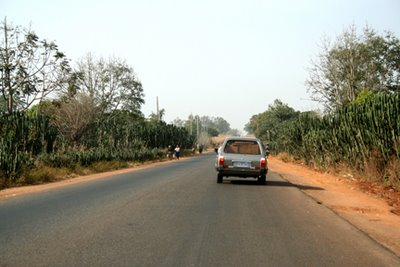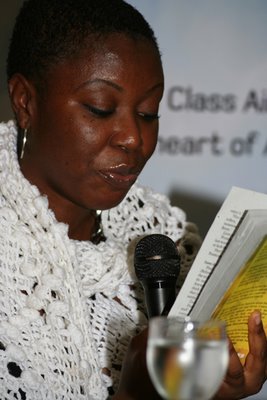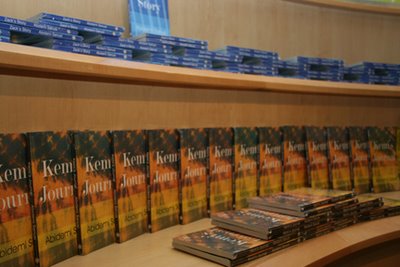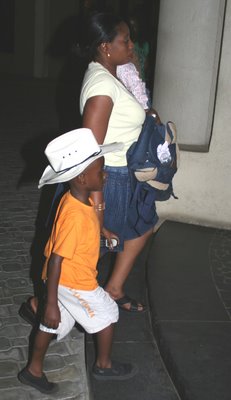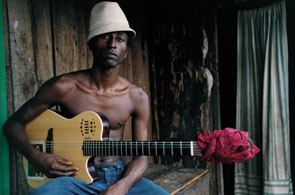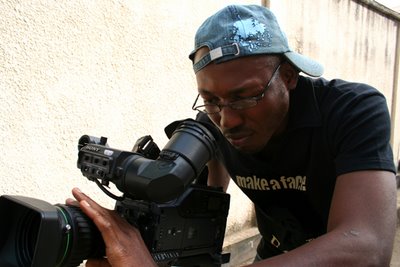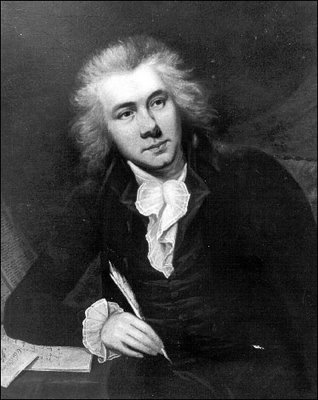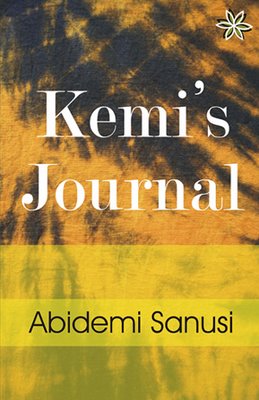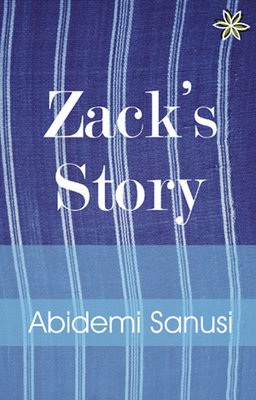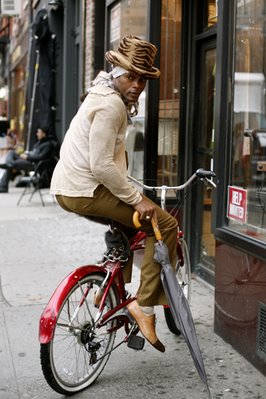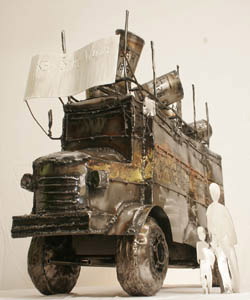While I have no desire to defend Badiou (I don't know his work at all well), there is something to be said in defence of what we might call the 'philosophy of the event.' The major figure prior to Badiou being of course Deleuze. It is important to understand a little of what is at stake in appealing to 'the event', and to see it as much more than an attempt at revealing one's credentials for dense abstract thought. Here's my little bloggy-type attempt:
Everything in European (aka continental philosophy) starts with David Hume, the Scottish Enlightenment philosopher. In the 18th century, Hume laid out a radical form of empiricism which stated that there are no ideas or concept that lie outside of the process of habits creating mental associations. There are no universal ideas, only bundles of mental experiences which cohere in one mind and are gone. The implication of this line of thought being that there is no self which stays constant across time, nor is there any other form of mental or physical permanence.
There is a lot more to say about Hume, but you get the picture.
Hume's philosophy woke a certain Prussian, Immanuel Kant, from his 'dogmatic slumbers.' Kant set out, most significantly in his Critique of Pure Reason, to show that thoughts and ideas have a universal structure, which he termed the 'transcendental.' Kant's notion of the transcendental is a long way from mysticism or 'transcendentalism' - by the transcendental Kant intended to refer to the laws that govern the understanding and reason. For Kant, our mental world is a highly structured world, governed by apriori conditions (principles that are in place prior to any possible thought). Just as Newton had discovered universal laws for space and time, Kant's transcendental rules were an attempt at creating a framework for all mental activity: thoughts, dreams, conceptual systems, and an argument in favour of the persistence of a rational self across time.
Now, major swathes of twentieth and twenty first century thought can be thought of as an attempt to re-engage Kant's thought (sometimes by going back to Hume, as Deleuze did), by questioning the limits of universalism in thought and in metaphysics. This is where 'the event' comes in. Introducing 'the event' is a way of
a) denying there are such things as rational enduring selves across time or universal ideas but b) not falling back into the brute empiricism of Hume, where the possibility of philosophy itself is crushed under the weight of flesh, bone, desire and random synaptic circuitry.
The logic of the event suggests that rationality inheres within a specific context - that is, that reason is relative to a specific framework of understanding (and of being) - but that there are possibly limitless forms of understanding (and being). This is where it gets complicated, because one wants to ask lots of questions about what constitutes a context, how there can be multiple rationalities etc etc. Answers to these questions lead off in many directions, depending on which philosopher you are reading.
The main point to take away however is that the thinking of the event is the thought that there are no truly universal conceptual laws or ideas, that there is no one pre-determined form of 'reason', but that this does not imply pure chaos or 'absolute relativism.' What it does imply is a more subtle way of understanding Hume's original radical empiricism:
There is only this moment, this scene. Everything else has already happened, or is yet to happen, or is in an elsewhere that can only be a deferral, from the perspective of here and now. All linkages to these other places must be re-made and re-worked, from within this perspective. All legacies must be renewed, all apparent continuities must be taken up again, and re-interpreted according to the needs of the present. In short, nothing is a given, or can be taken for granted as an apriori, even the conditions for the possibility of thinking must be subject to critique, starting from this moment..
The 'thinking of the event' is therefore an attempt to think according to the specific demands of the present and what is at-hand, however that present may be defined (scientifically, economically, materially etc etc). It is a call for vigilance (not to be swayed by historical legacy, at the same time not to reject all historical legacy). It is also a call to be alert to the difference of the present (this situation may strongly resemble a previous situation, but still we must ask, what is new here? What has altered?)
As a philosophy of everyday life, it calls for a poetic attentiveness to the world. As a political philosophy, it underpins anarchism, in the philosophical sense of an-arche (a suspension of all founding principles). As a form of scientific method, it is closely proximate to complexity theory - the idea that most phenomena in the world attain their complexity through a specific set of initial generative conditions. It also has more than a passing relationship to a generalised idea of quantum mechanics, in the sense that subjectivity always conditions 'the object', and vice versa. There is no such thing as 'pure objectivity', but then neither is there 'pure subjectivity.' Scientific method cannot entirely divorce itself from a humanistic perspective on the world (in the same way that contemporary understandings of genetics cannot be divorced from the role of existential/cultural/environmental factors - both in human and non-human beings).
In a phenomenological sense, it is a call to always 'begin again', in one's mode of thinking, in one's relationships to others and to the world, within the compass of the incessant work of returning to the 'things themselves'. It is prompt to be aware of all that may becoming stale in one's relation to everything else. It is a prompt to return to sensuosity, and the complex ontological ecologies that make up being-in-the-world (the way we live, and the way it affects the world). We are all related; nothing is fully disconnected from anything, but the reconnections have to be remade, redone, at each moment.
The philosophy of the event calls for work, and re-work at every moment, for the purposes of re-defining what it is to live through our historical moment. It is a powerful and perhaps inexhaustibly rich thought, that forces us to wake up from our dogmatic slumbers, again and again and again.
Read more...




